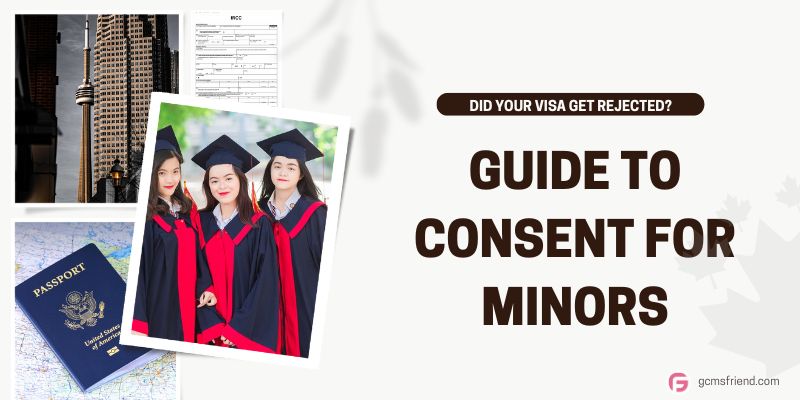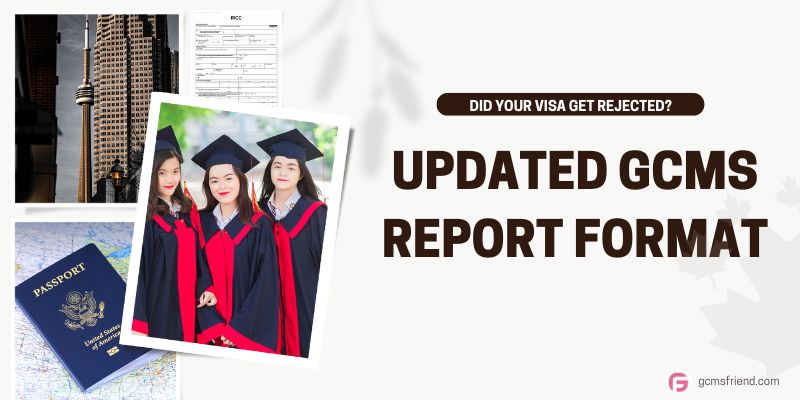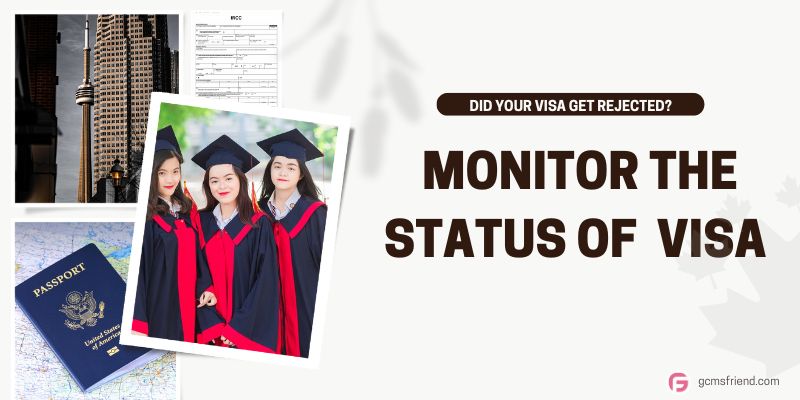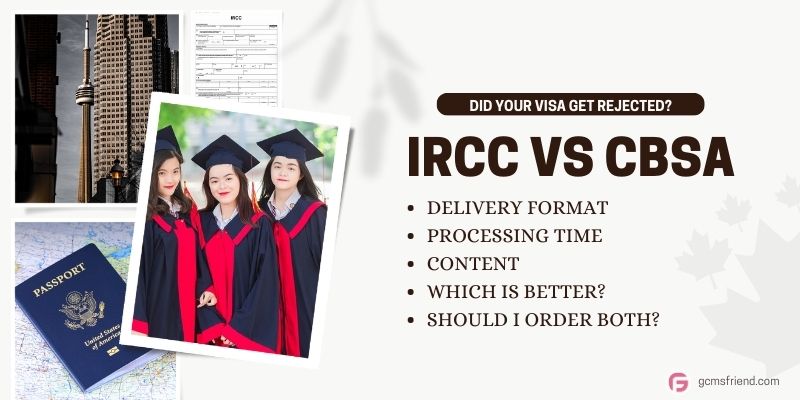In this informative blog post, we delve into the significance of consent when making an Access to Information and Personal Information Request from Immigration, Refugees and Citizenship Canada (IRCC) or the Canada Border Services Agency (CBSA). Understanding the ins and outs of this consent process is vital for individuals seeking access to their own information or the information of others.
We will provide valuable insights into the consent requirements, the scope of information covered, and the proper procedures to follow when submitting such requests. By gaining a comprehensive understanding of the consent protocols associated with these governmental agencies, you can navigate the process with confidence and ensure the timely and accurate retrieval of the desired information.

Table of Contents
Background Overview
To address growing concerns related to illegal immigration, child abduction and abuse, as well as identity fraud, the Access to Information and Privacy (ATIP) Division of Immigration, Refugees and Citizenship Canada (IRCC) implemented a significant change to its consent policy in March 2018. The new policy mandates the provision of consent from both parents when seeking information about a minor child, in contrast to the previous requirement of consent from only one parent.
This adjustment aims to enhance the protection of minors and prevent unauthorized disclosure of their sensitive information to unauthorized parties. To comply with the revised policy, requesters are now obligated to include consent from both parents, or alternatively, furnish proof of sole custody. By introducing dual signatures, the ATIP Division ensures that the release of information contained in records does not compromise the safety and well-being of the minor and other relevant parties. It is important to note that this consent policy also extends to the CBSA consent form.
Defining a Minor in Canada: Variations by Province
Within Canada, the classification of a minor child is subject to variation based on the specific province. Let’s consider the definitions applicable in Ontario:
Minor Child Definition: A minor child is legally defined as an individual under the age of 18 years.
Child Protection Definition: For child protection purposes, a “child” refers to an individual under the age of 16.
It is important to note that these definitions may differ across provinces within Canada.
Divergence in Minor Classification: IRCC vs. CBSA
When it comes to Access to Information and Personal Information Requests, the Immigration, Refugees and Citizenship Canada (IRCC) and the Canada Border Services Agency (CBSA) hold different definitions for minors. As of the current guidelines, IRCC considers individuals under the age of 16 as minors, while CBSA, at the time of writing, designates those under the age of 18 as minors. Consequently, applicants aged 16 and above must personally sign the IRCC consent form, while those aged 18 and above can personally sign the CBSA consent form.
Notably, this disparity in the consent policies between IRCC and CBSA has been brought to the attention of CBSA since May 2021.
[Update] In August 2022, CBSA agreed to amend its ATIP consent policy in response to a complaint. During the investigation, CBSA clarified its consent policy with the OIC, reviewed and addressed the complainant’s request, acknowledged an administrative oversight, and implemented corrective measures. As a result of the complaint, CBSA now aligns with IRCC’s position, considering individuals under the age of 16 as minors. The only exception is for requests related to travel history or records encompassing travel information, where the age of majority remains at 18.
Signature Requirements for Minors: Ensuring Proper Consent
Releasing information concerning minors necessitates obtaining consent from both biological parents. This entails both parents completing and signing their respective sections on the consent form. It is important to note that the parents’ visa status, visa applications, or the requirement of their files are irrelevant in this context. In cases where a child is under the custody of a single parent or a third party, a valid copy of the custody agreement or adoption documents must be provided. Additionally, if one parent is deceased, proof of death is required.
If the custody agreement is not a Canadian court document, it must be notarized in Canada. It is essential to understand that an affidavit does not serve as a court order, and consent solely authorizing travel for minors is not considered a valid document for obtaining information about them.
To streamline the process and prevent potential processing delays, IRCC or CBSA may request additional information, which can be submitted proactively:
- A copy of the minor’s birth certificate in English or French. If the birth certificate is in another language, please include a certified translation.
- Signed government-issued photo identification from both parents to validate their names and signatures.
When it comes to minors, their personal signature on the consent form is not necessary. Rather, one parent should sign in the designated section on behalf of the child. It is important to note that both parents must complete and sign their respective sections on the form. Alternatively, separate forms can be submitted by each parent, with the minor’s information included on each form. In cases where the consent form extends beyond a single page (applicable to CBSA consent forms), both parents must sign on the designated minors’ signature line.
Canada Visa Status – To obtain the most comprehensive and detailed information regarding a visa application, requesting GCMS Notes is the only reliable method. GCMS (Global Case Management System) provides the most up-to-date and extensive information available, surpassing the level of detail provided by IRCC’s online system. Ordering your GCMS Notes online allows you to access in-depth insights into the status of your visa application or gain a comprehensive understanding of the reasons behind a visa refusal.
Disclaimer – The content on this website is provided solely for informational purposes and is intended to serve the Canada visa applicant community. It is important to note that the materials presented here do not, and should not, be construed as legal advice.

Was your visa application rejected by IRCC?
Apply for GCMS File/Notes from your reliable GCMS Friend!
Useful Links
We Accept





